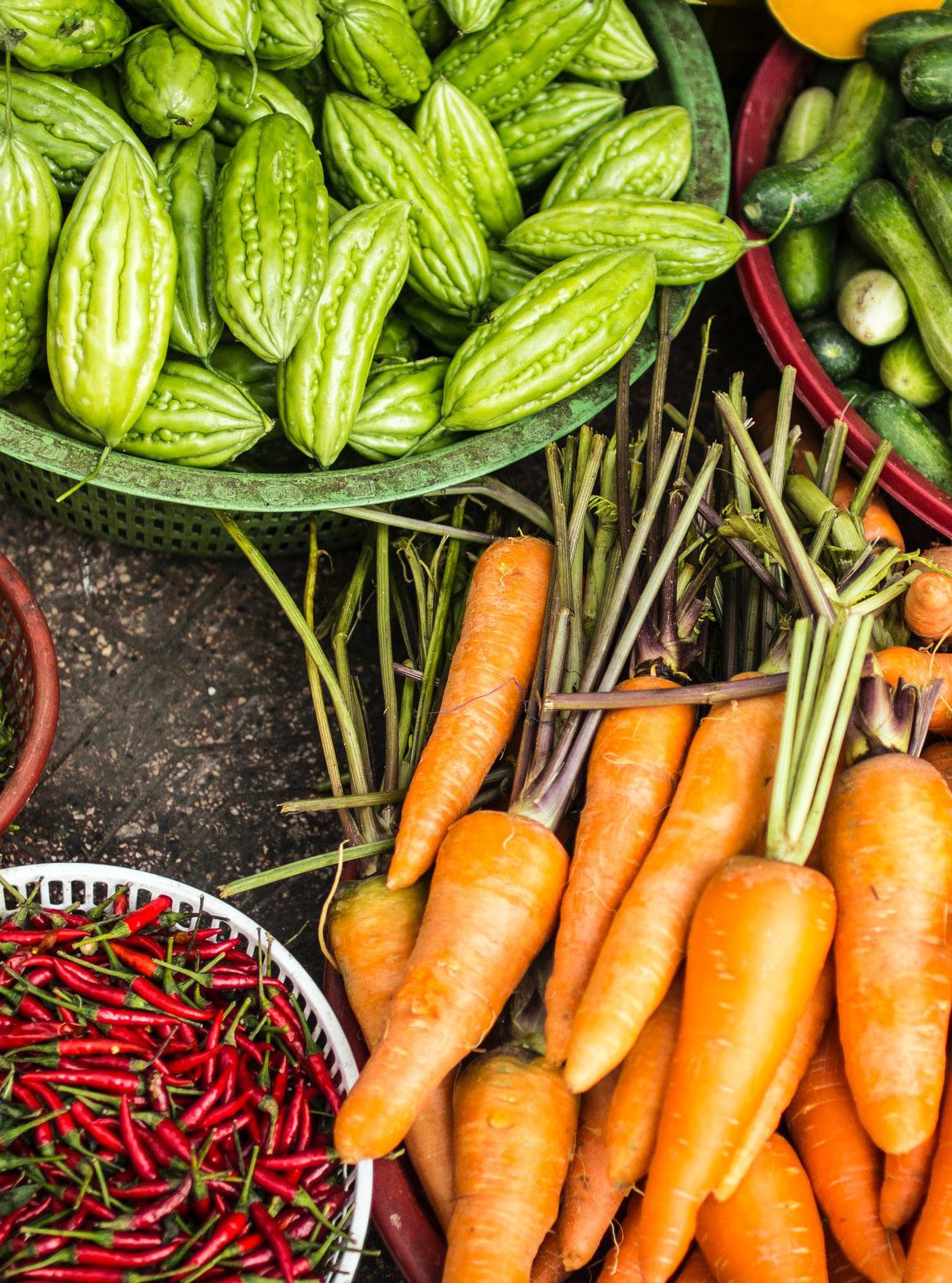
1 minute read
Introduction
One of the driving forces behind Africa’s structural transformation is agriculture. Evidence suggests that countries with increased productivity across the globe benefitted from economic growth sustained by agricultural transformation. Africans have an opportunity now, more than at any time before, to change their lives through increased agricultural productivity and enhanced agribusiness that connects smallholders to national, regional and global value chains. Food security has been given rightful prominence in the debate, but cannot replace real transformation. It is important to renew the building blocks necessary for a deeper discussion of the connection between agriculture and industrialisation. Issues of access to energy, infrastructure such as irrigation, transport and financing of inputs, such as enhanced seeds or fertilisers, contribute to a poor ecosystem. Africa possesses the largest unused reserves of arable land but suffers from enormous post-harvest loss and low productivity
The AfCFTA creates a massive regional market for African exports and a major opportunity for Africa to revive its agriculture and agricultural processing regional value chain (RVC). The Mandela School hosted a webinar series on “Agriculture - Food Processing, Retail and Food Security Value Vhains” as part of its AfCFTA and Transformative Industrialisation Webinar Series. This policy brief sets out the policy considerations put forward by the panellists.
Advertisement








